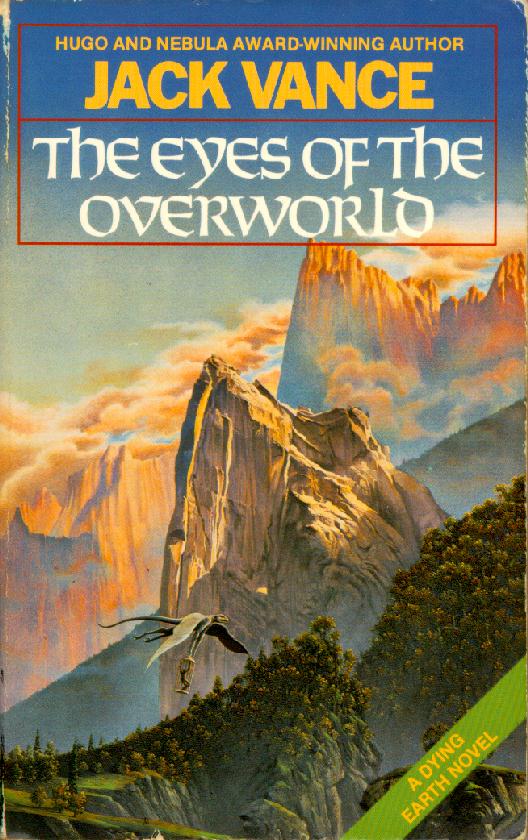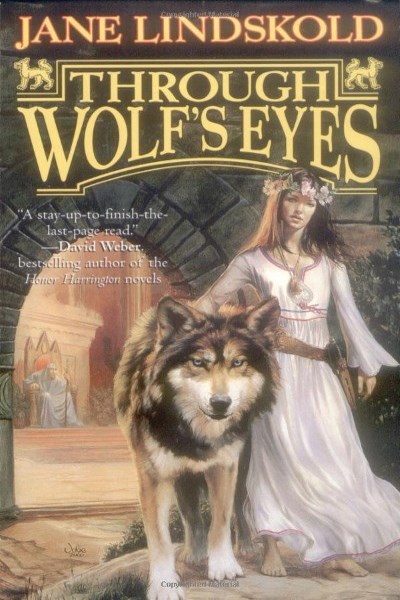A Short Walk Through a Wide World by Douglas Westerbeke

Douglas Westerbeke’s A Short Walk Through a Wide World is as much an internal odyssey as a physical one. The novel’s protagonist, Aubry Tourvel, is cursed to wander—staying too long in any place brings her to the brink of death—but her true journey unfolds within. Forced into perpetual motion, Aubry becomes an archaeologist of her own soul, excavating layers of resilience, loneliness, and fleeting human connection as she traverses deserts, cities, and the shadowy borderlands between civilizations. Westerbeke’s prose mirrors this introspection: lush yet disciplined, with every landscape serving as a mirror for Aubry’s evolving psyche.
What sets this apart from typical quest narratives is its refusal to romanticize rootlessness. Aubry’s curse grants her a life of extraordinary experiences, but the cost is a corrosive isolation. She learns languages, adopts and discards identities, and hoards fragile moments of kinship—a shared meal, a fireside story—knowing they’ll soon be memories. The novel’s most compelling tension lies in the internal void left by a life without an anchor. Her sharpest battles are fought in silence, wrestling with whether a life unmoored is freedom or imprisonment.
Westerbeke elevates the premise with metaphysical wit. Aubry’s curse, while fantastical, becomes a metaphor for the human condition—our simultaneous hunger for adventure and ache for belonging. The supporting cast, though transient, serve as catalysts for her self-reflection: a nun hints at grace beyond suffering, a smuggler lectures on the art of disappearance, and a fellow wanderer reflects Aubry’s own contradictions. By the climax, the novel’s true stakes crystallize. Not whether Aubry will survive, but whether she can reconcile her fractured sense of self before her footsteps fade.
For readers who cherish fantasy with psychological heft—think Piranesi’s existential wonder or The Left Hand of Darkness’s meditation on alienation—this novel delivers. Its adventure thrills, but its lingering power lies in Aubry’s quietest moments: watching a sunset alone, tracing maps of places she’ll never revisit, or wondering, in the dark, if the world is wide enough to hold her unrest.








Leave a Comment